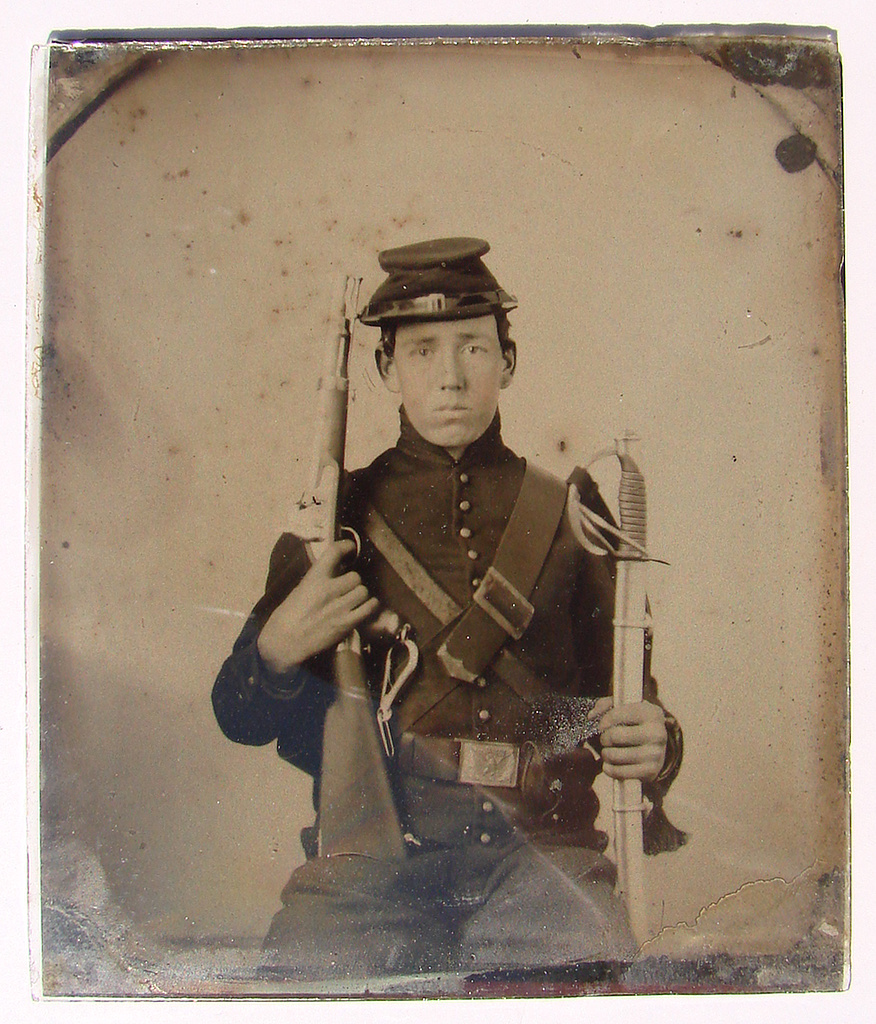
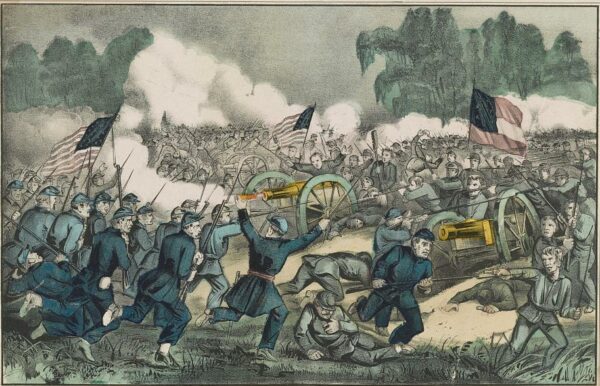
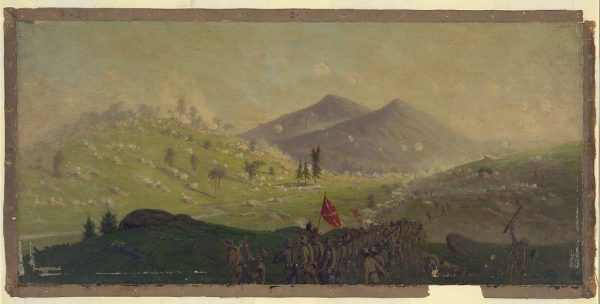
The United States had been fighting a war since 1861, when political conflict struck the Nation and was beginning to split her in two. As the second summer season of war time hardships was approaching, the citizens of Gettysburg were continuing to read about recent Battles in newspaper articles. It wasn’t long before the news was about to get very close to home for these people.
Henry Jacobs, Albertus McCreary, James Culp: These names may or may not be familiar to most. The summer of 1863 these young men were at an age where they still had boyhood dreams and childish thoughts, but were beginning to be brought into society by their fathers as men. Attending political meetings, school classes and being prompted by their families to decide what kind of a living they wanted to make for themselves. These “boys” were looking forward to what could possibly be their last “boyhood” summer. Growing up is never fun, you need to take on the responsibilities of adulthood, and put off the careless lifestyle of your childhood. For these young men, coming of age during war time, there was also the concerned thought of if the war would still be raging when they were of age to enlist or be drafted. Trying as teenage years are for any young man, this particular summer was about to become the most trying of all.
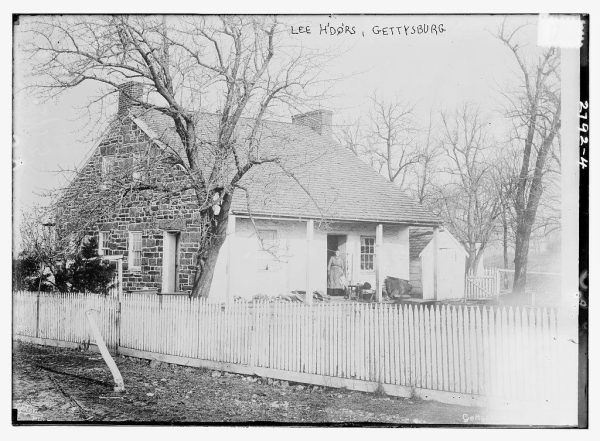
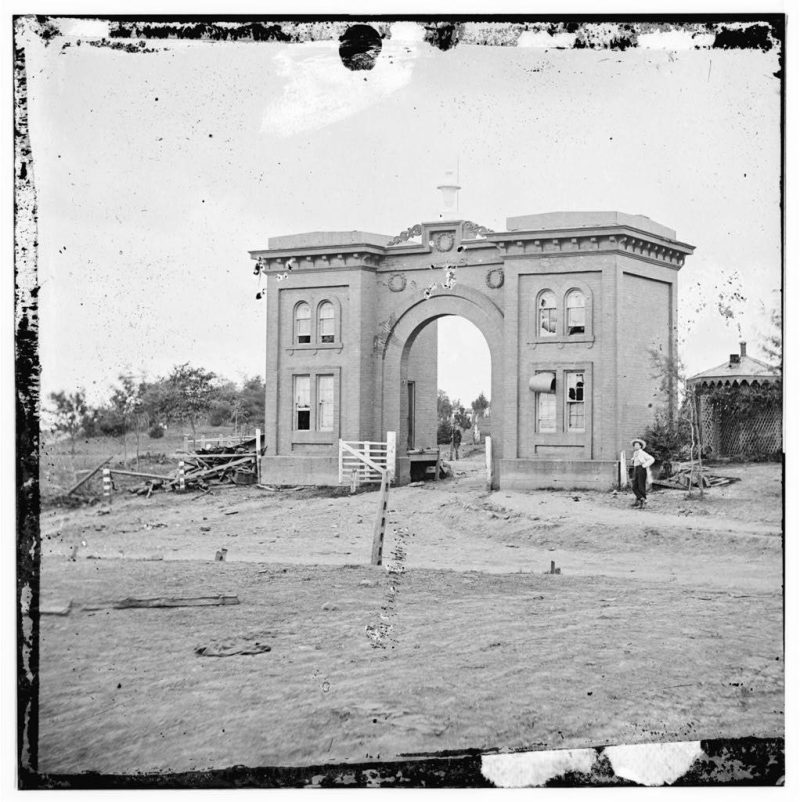
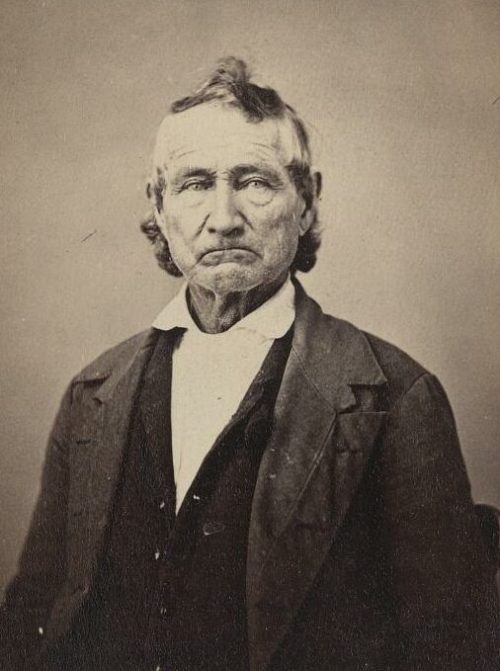
As the first shots of the Battle of Gettysburg were fired, Albertus took off running with many other boys of town to “go watch the fighting”. The streets at the Northern end of town were chaotic with men grabbing their hunting rifles and muskets taking off towards the sounds of gunfire to defend their homes. Along with women who were worried, and young girls who were scared. Dogs were barking, chickens scattered in confusions, horses rearing, people packing belongings to flee, others trying to locate their families in the crowd to seek shelter together in cellars. The earth rumbled from cannon, the air smelled of gun smoke, Albertus’ chest was heavy and his heart pounded. Was he excited or scared? He couldn’t tell for sure, the entire experience was a wave of emotion running across him, and he just wanted to simply be part of it as he followed up the street, tripping and pushing past people who were running away as he ran towards the fight. It didn’t take long for him to realize that he was in a dangerous situation, and perhaps he should go home. However by that point, getting home would not be as easy as walking across town on a normal day. The streets were ever growing in confusion. Not only by the citizens who struggled to decide what to do with themselves, but now by soldiers who also were scattered across the streets as well. Albertus found himself among a sea of fear, stress and chaos. Livestock had become loose from their pens and were running and kicking, looking for a safe place to shelter. Women were crying and screaming seeking someone to please tell them what to do or where their child was. Young girls were running in fright trying to get home to the other side of town, as the girl’s school had closed. There were fragments of people’s lives blowing in the warm breeze, being kicked and tossed around by frightened feet. Ministers were standing still shouting prayers to the sky. While Union troops were becoming part of the scattered mess of people in the street. They themselves having lost their place in the firing line now just simply running for their lives and trying to find the rest of their unit. And in all this confusion that Albertus witnessed, here came John Burns. The cranky old man of the town, that he and his friends love to make jokes about. Passing through the hoard of terror he walked so calm and straight carrying his musket, marching straight for the firing line. Then it occurred to Albertus how long he had been watching all this, was it a minute or an hour? He needed to get home before his family would be worried to death in fear for his safety. And he took off running to join the confused sidewalk and make his way to his family home on High Street.
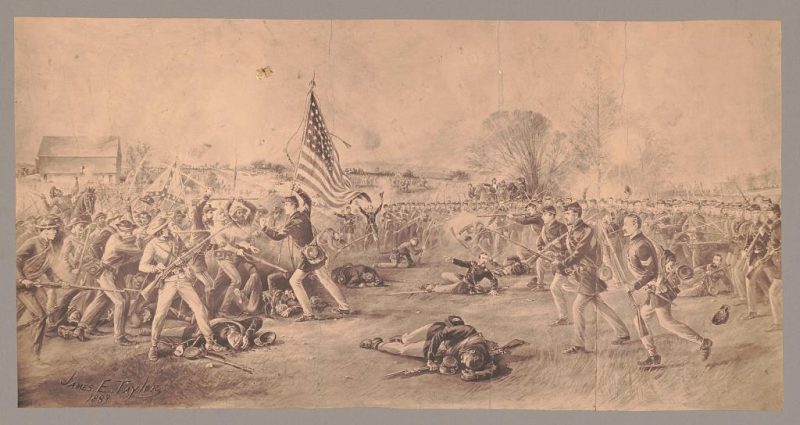

By the next day, it seemed like Gettysburg was an official military town, designed to be part of the War between the States. There was a firmness in the air, the chaos had gone away, and folks were now settled in their fears, and established in their shelters. It felt like yesterday was only a dream, a nightmare, now everyone knew what to do and what their place was. The battle lines had been drawn, and these young men found themselves in Confederate territory now. The sea of blue had flooded down to Cemetery Hill. Here around the square and on High Street was a wave of tattered gray uniforms, settled into position like they had always lived here. Just in front of his home Albertus watched cannon being rolled down the street pulled by a team of horses. The famous General Lee himself stopped on the road outside the McCreary home to look over his troops and their line formations. Though he was considered the commander of the enemy army, to Albertus Lee was a fascinating man. And the experience of seeing him on horseback and hearing the sound of his voice as he spoke would impact him for the rest of his life.
Young Henry, whose father was a lawyer and lived on Middle Street, had high aspirations for his son to become a fine gentleman. Seeing the historical impact this happenstance battle would have for the town, Mr. Jacobs was up on the roof of their three-story home insistent upon Henry being there to witness history in the making. Of course, for a young man who would rather be out running the streets with the other boys, that he could clearly see from his rooftop position, Henry wasn’t too impressed with his father at the moment. Bored, upset and frustrated, Henry sat and couldn’t understand why his father was so eager to watch all this, making notes and drawing sketches. He almost thought maybe his father had gone just a little crazy and taken ill like Mr. Wade had several years before. But as the hours drug into days, it became clearer to Henry why his father made this “plan” for watching the Battle of Gettysburg take place. From their rooftop, they could see all of the troop movements. Large masses of blue and gray glistened in the summer heat all around the town. Henry became engaged, now interested, as he could almost anticipate where the shooting was going to happen just a split second before the first shot rang across the town. What he had begrudgingly sat and listened to men in political forums debate over, waging their opinions about this war with a brandy and cigar, that bored him to death. He was now seeing first hand right before him. It was like the newspaper articles had come to life. These sounds, these feelings, the emotional tension, fear, agony, dread, death and blood, was THIS what all of those newspapers had been talking about for the last two years? Was THIS really what this war was all about? Henry, now was suddenly interested, and realized his father had a foresight that he did not, and his respect for his father grew as he sat hour after hour watching this Battle play out moment by moment before his very eyes. However long it took, when this Battle would be over, Henry and his father would be able to write accounts, from the dedicated time they spent to witness what Henry now knew would be a large part of his Nation’s history. It would have to be, how could it not become one of the big moments? As he watched men rushing the Sherfy’s peach orchards, the fields of wheat being thrashed to ribbons near the Rose’s home, even the Den where he and his friends loved to explore was now covered with soldiers. Everywhere he looked their were men fighting, screaming and killing each other. Blood poured all over Gettysburg, it was everywhere in every corner of his hometown. This definitely had to become a big part of history, there was no doubt in his mind of that now. And his interest grew, as he paid closer attention. Starting his own notebook like his father and dedicated to not leave that rooftop until the whole Battle had been decided.
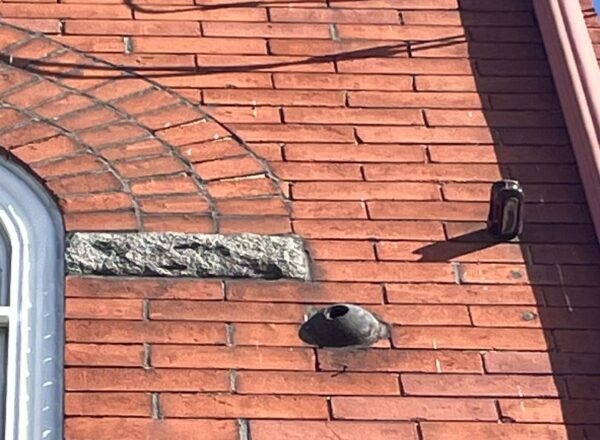
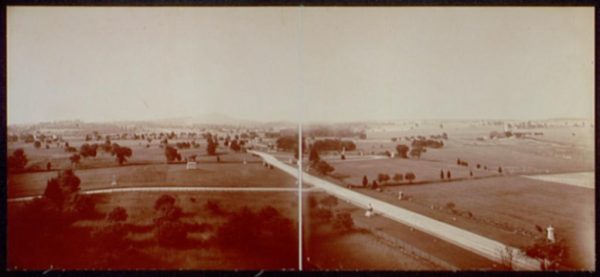
When the Battle was over, as Lee took his army back home to Virginia, and Union troops left town to follow their new orders, the streets felt safer and the boys went out to explore. Notices had been posted all over town, that the Union was in need of lead to make new bullets before the next battle would happen. Any lead retrieved, would be purchased by the army for 13 cents a pound. James and Albertus realized there was lead laying all over the place, and they became young businessmen selling lead to the army. They honed their own skills, and figured out how to even disarm an artillery shell to retrieve the valuable lead contents inside. Once in a while, just for fun, instead of taking the lead out, they would light a small campfire, place a shell in the flame, then run to a safe distance and watch the shell explode. Whitworth shells in particular when they exploded were a sight that would put the Fourth of July fireworks to shame. As these two new lead dealers of town worked endlessly for days earning their 13 cents a pound, the most tragic of accidents took place. Albertus noticed that James had a shell between his knees, and guessed that he was just impatient, or tried a new technique at opening the shell. James smacked at it with a rock, and the shell burst between his knees. The image of his friend being split open, weeks after all the shooting was over, stayed with Albertus for life. James was buried in the community cemetery of Evergreen, in a grave dug by Mrs. Elizabeth Thorn, who took a break from digging graves for soldiers to lay the young boy to rest.

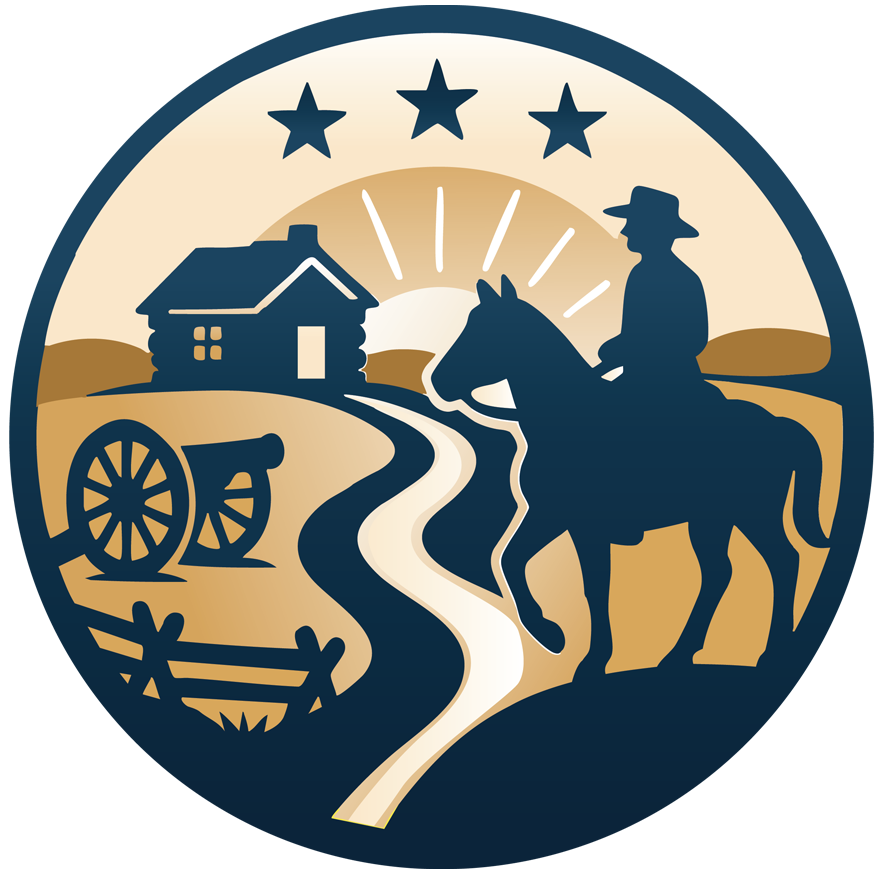

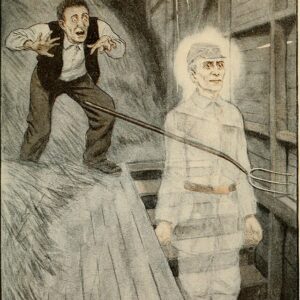

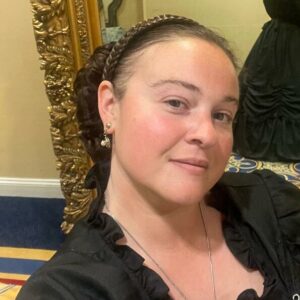



Leave a Reply